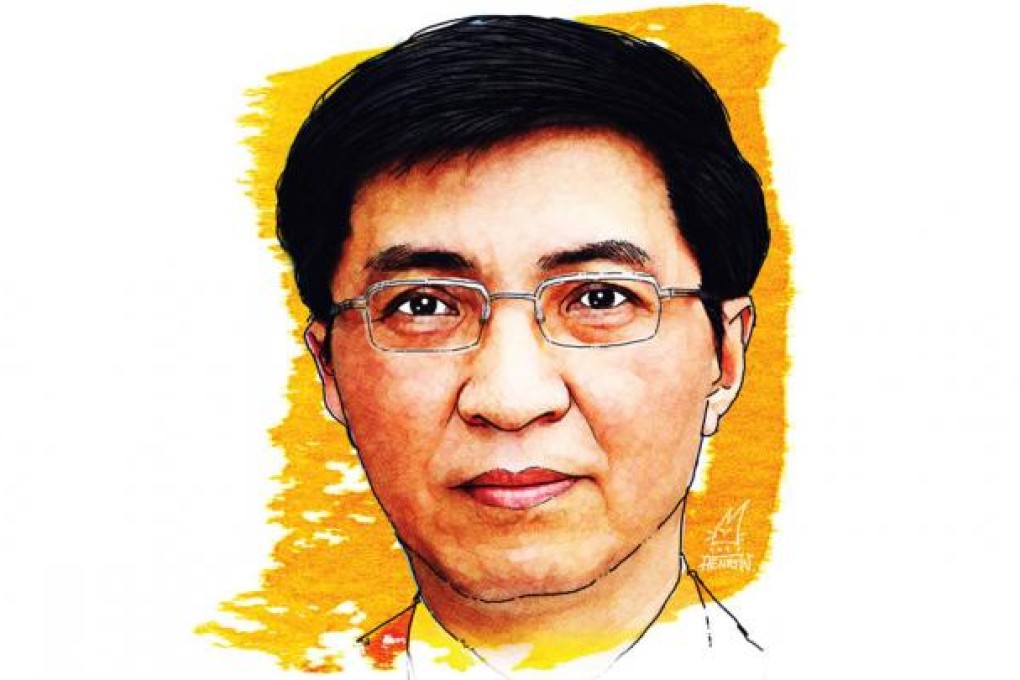Wang Huning, often seen at the side of two presidents
Wang Huning often goes unrecognised despite being a trusted adviser to two presidents, but his cool demeanour hides a sharp political brain

Whether Hu Jintao is visiting farmers in remote villages or meeting heads of state, Wang Huning is usually by the president's side.

In fact, Wang has probably appeared in public more often than any other top official in recent years, although he rarely speaks and often goes unrecognised.
For two decades, Wang, 57, has served as a trusted adviser and wordsmith to the country's most powerful men.
He now heads the party's Policy Research Office, where his role is like a combination of national policy adviser and chief speech writer.
After becoming the mainland's youngest university professor - he stayed on after graduating from Fudan University to teach international politics in 1981 - Wang gained respect in leadership circles for his academic depth, neutral political stance and cautious working style.